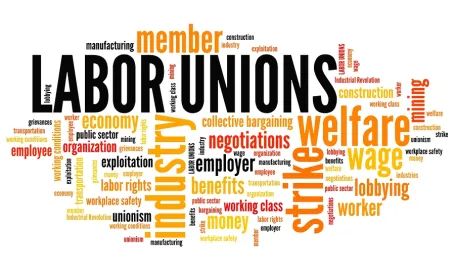Although the clock is ticking on Peter Ohr’s tenure as the NLRB’s acting general counsel, with Jennifer Abruzzo’s nomination currently pending before the Senate, Ohr continues to actively advance a pro-labor agenda. On March 31, Ohr issued a memorandum to the National Labor Relations Board’s regional staff in which he advocated for a significant expansion of the types of employee conduct that might qualify as protected, concerted activity (sometimes referred to as PCA).
Even more troubling for employers, Ohr committed to “robustly” enforce the National Labor Relations Act (NLRA) and “vigorously” prosecute claims alleging unlawful employer retaliation. Because protected, concerted activity is a foundational principle of labor law, its potential expansion has far-reaching implications in virtually every union and non-union workplace.
The NLRA protects employees' rights to engage in protected, concerted activity, with or without a union. In general terms, to qualify for protection under the NLRA, the conduct must both:
-
Relate to concerns about the workplace and workers’ terms and conditions of employment, which makes it “protected”
-
Be engaged in by two or more employees or by one employee with the authority of other employees, which makes it “concerted”
That standard is too narrow in Ohr’s view. He believes employee discussions concerning “political and social justice advocacy,” “societal issues” and other topics that are “not explicitly connected to” the workplace may also be entitled to protection. Regarding the concerted element, Ohr believes that employee discussion regarding certain workplace issues can and should be deemed “inherently concerted,” even if the discussion occurs only between two employees.
If the NLRB’s regional staff adheres to the expanded view urged by Ohr, companies can anticipate an onslaught of unfair labor practice charges being brought – including by non-union workers – and more adverse findings against employers in relation to these charges.
While most employers are keenly aware of and sensitive to EEO-based discrimination and retaliation considerations, employers sometimes fail to consider potential NLRA-based claims. Going forward, union and non-union employers alike should pay close attention to the issue of protected, concerted activity when managing or disciplining employees. As we recently shared, employers can anticipate increased enforcement activity and scrutiny from the NLRB. Ohr’s support for broadening the protected, concerted activity standard provides the NLRB’s regional offices with additional ammunition to find that an employer has engaged in unlawful conduct.





 />i
/>i

